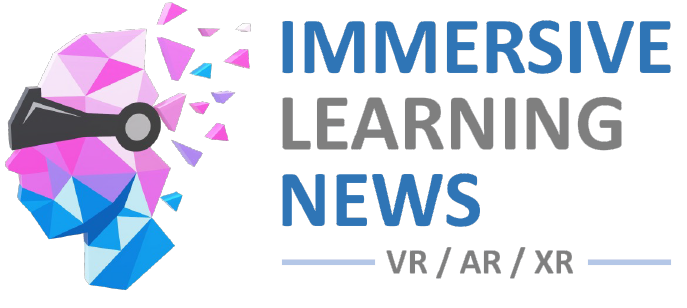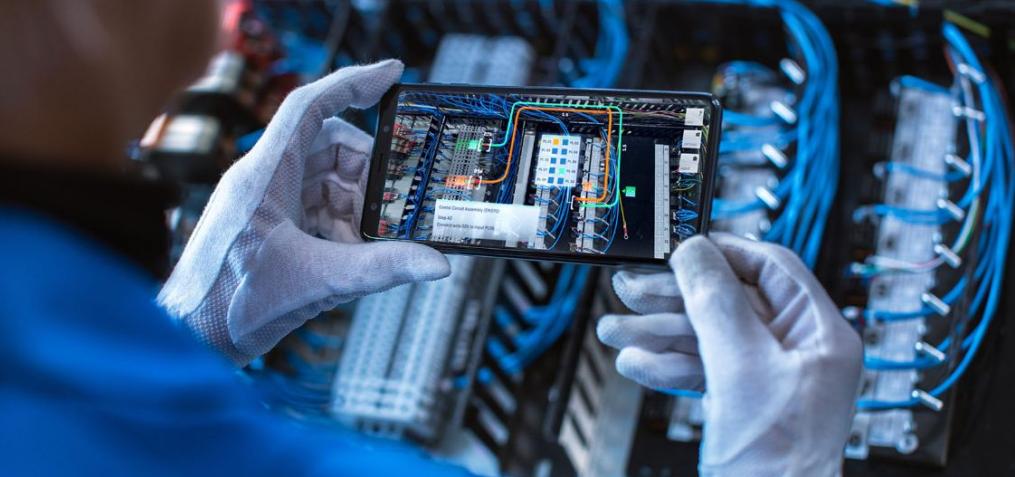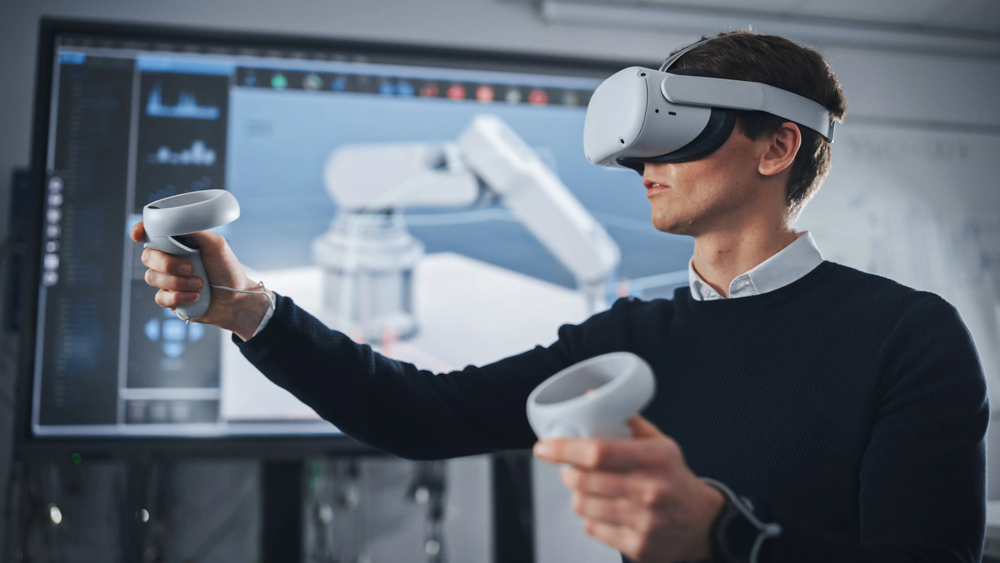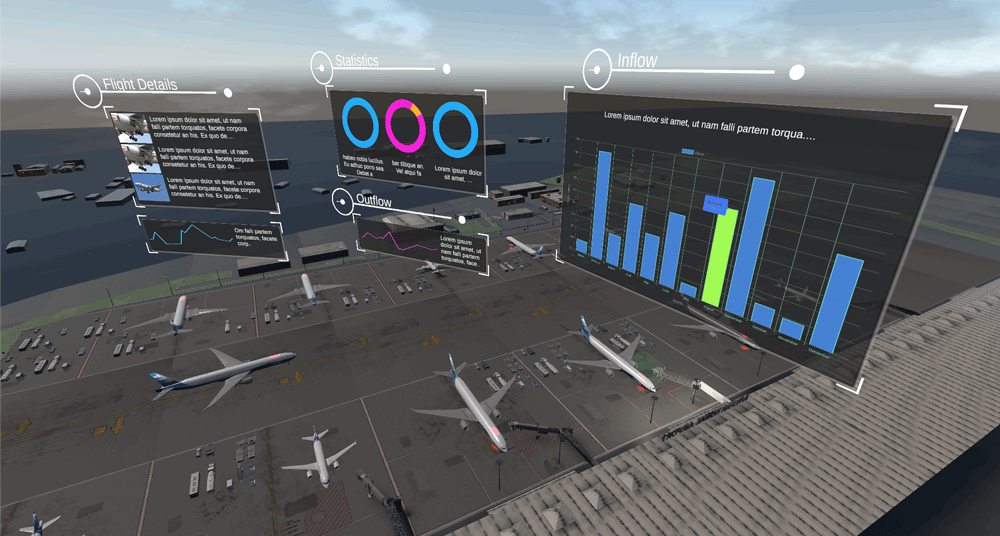AR expert says the technology can help diagnose issues in the field when experts and trainers can’t be there, as well as help train employees.
TechRepublic’s Karen Roby spoke with Michael Campbell, executive VP and general manager of augmented reality products at PTC, a company that creates augmented reality, industrial Internet of Things (IoT), product life cycle management (PLM) and CAD solutions. The following is an edited transcript of their conversation.
Karen Roby: We’re talking today about augmented reality (AR), and during the time of this pandemic as companies are scrambling to try to figure out how to get back to work, if that’s even possible in any kind of normal sense, AR is starting to play a bigger role. Talk a little bit about that.
Michael Campbell: At its fundamental roots, augmented reality is about transferring knowledge and in an age of social distancing and travel bans where people need to do work in the field, in the factory, augmented reality is an incredibly, compelling technology to allow that knowledge to transfer while preserving social distancing and staying where you are. It’s helping companies diagnose issues, it’s helping them maintain machines and keep them up and running, and it’s driving a tremendous amount of value.
Karen Roby: Talk a little bit about how do you see some of these frontline companies, for example, how do you see them implementing AR in a way that can help them with their employees?
Michael Campbell: AR is useful in a couple of different scenarios. Sometimes you have a pre-authored, highly engineered procedural guidance that you want to communicate. Those would be things like disassembly instructions or inspection instructions, and AR is an incredibly compelling way to present that information. It’s super intuitive. It’s very clear and it allows you to communicate sometimes, pretty technical and complicated things very effectively. There’s also a lot of tacit domain knowledge that people have in their heads, right? These are things that maybe were never written down but people have garnered over decades of experience, and augmented reality can be used to not only communicate that to employees, but capture it in the first place, right? By using digital eyewear and outfitting those experienced workers, they can pretty passively, capture that expert knowledge so that it can be scaled to many others. And then that information can be presented instead of in a traditional training approach where you would educate somebody on everything they might ever need to know just in case, AR can present that information just in time, in situ where and when people need it.
And then the third approach that we see pretty often is remote expert assistance. Think of it as FaceTime on steroids, I’m out in the field, I’ve run into a problem, nobody’s encountered this problem before, but I need help from the expert back at headquarters. Now, I can call them or I can initiate a FaceTime call, but by using augmented reality, they can see what I see and we can both draw on the screen. „Is it this switch or that switch?“ Well, we can circle it using augmented reality with annotations that stick to the real world so that there’s clear and unambiguous communication, and people are using all three of those approaches in the midst of the pandemic to keep people in the field and in the factory up to speed and productive.
Karen Roby: Does it surprise you that AR is something that people are looking to to help with the situation we’re in?
Michael Campbell: As somebody whose career is all about advocating for AR and understanding the value that it can deliver, frankly, it’s not surprising to me. I think there has been a definite uptick in not only interest, but demand for our offerings because of the pandemic. From a business perspective, there’s certainly a silver lining to some of the challenges that everybody feels very clearly, when you can’t stand next to somebody, when you can’t go to visit a customer, when you can’t get to where you need to be, augmented reality is a compelling alternative, and companies are seeing that, and it’s been great to see that interest. We actually offered some of our technology available for free in light of the pandemic, really just because we knew that it would drive value and would help companies out, and the uptick on that has been outstanding. Literally, tens of thousands of people have said, „Yes, I need that, and I want to take advantage of it in the face of the pandemic.“ So, is it surprising to me? No. Has the uptake in interest been valuable and interesting? Absolutely, yes.
Karen Roby: What do you see a couple, let’s say. Months from now, how do you see more companies using the power of AR, considering this virus isn’t going away, we’re going to be living with it for a long while, unfortunately?
Michael Campbell: Yeah. I think my crystal ball isn’t any clearer than yours as it relates to what the new normal is, but I think we can all agree that the genie is not going back in the bottle, right? This has changed the way that we work. It’s I think, opened many people’s eyes to different approaches, whether it’s information workers like you and I, working from home, or whether it’s frontline workers being able to take advantage of new and emerging technologies that maybe they were curious about and thought was something for the future, but are finding real value in. I think that you’ll see more and more applications of augmented reality as we go forward because people’s eyes have been opened in light of the pandemic.
Quelle:
https://www.vrroom.buzz/vr-news/tech/how-ar-can-help-companies-during-covid-19




